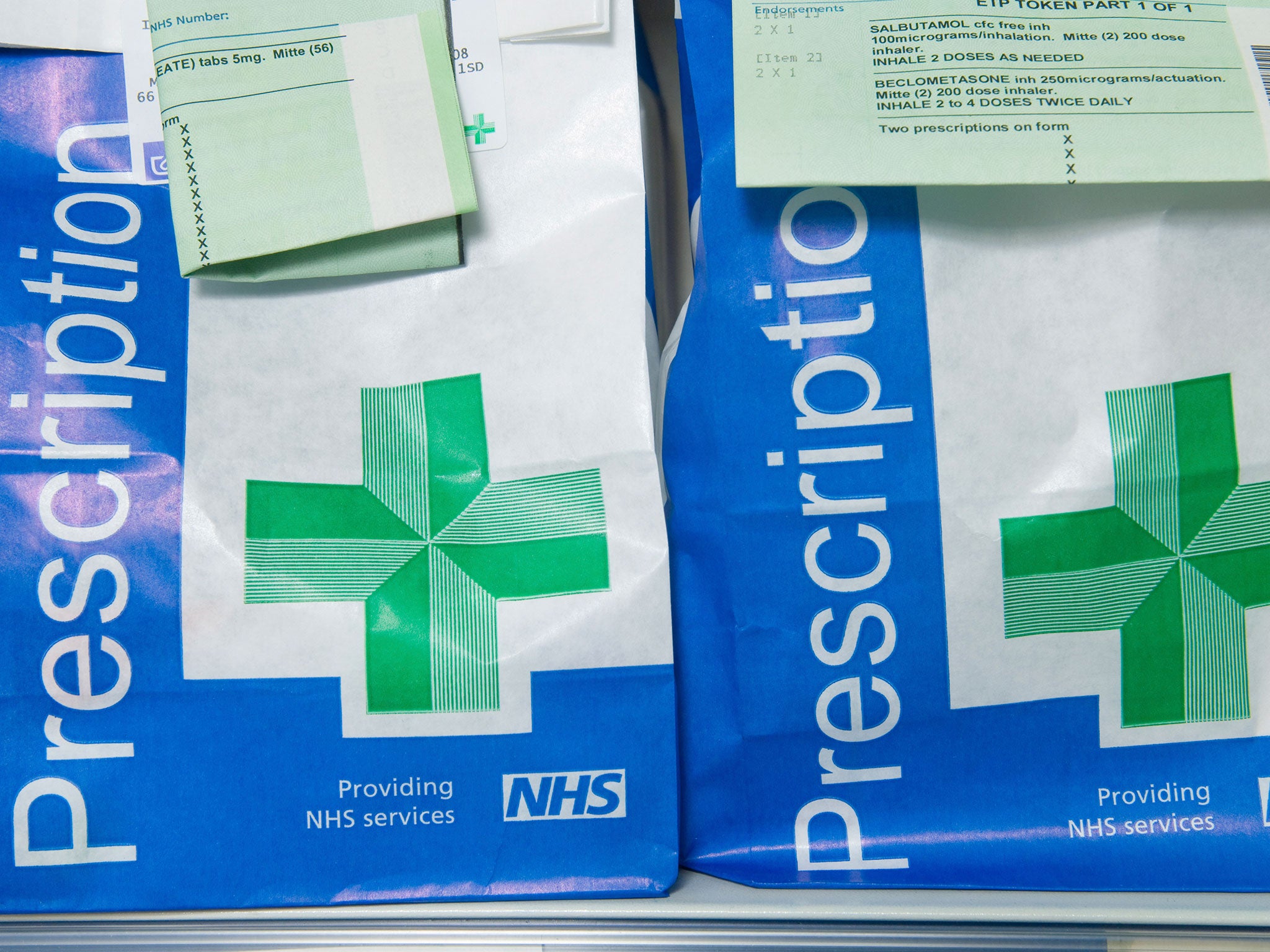NHS bosses promise crackdown on conflicts of interest following scandals
NHS England chairman, Sir Malcolm Grant, will draw up rules to be adopted across the healthcare system

Your support helps us to tell the story
From reproductive rights to climate change to Big Tech, The Independent is on the ground when the story is developing. Whether it's investigating the financials of Elon Musk's pro-Trump PAC or producing our latest documentary, 'The A Word', which shines a light on the American women fighting for reproductive rights, we know how important it is to parse out the facts from the messaging.
At such a critical moment in US history, we need reporters on the ground. Your donation allows us to keep sending journalists to speak to both sides of the story.
The Independent is trusted by Americans across the entire political spectrum. And unlike many other quality news outlets, we choose not to lock Americans out of our reporting and analysis with paywalls. We believe quality journalism should be available to everyone, paid for by those who can afford it.
Your support makes all the difference.The NHS promised to crackdown on conflicts of interest as it announced plans to make the health service a "world leader in tackling such issues".
The move follows a series of scandals that included staff being paid £500 a day to attend meetings only to be lobbied by industry representatives to use their products in the NHS, and GPs awarding schemes to private companies in which they have financial ties.
Workers involved in drugs purchasing decisions for NHS bodies have also held advisory roles with drugs companies, while a recent review into productivity in the health service found that 65 sales representatives were on one hospital site in England at the same time.
NHS England chairman, Sir Malcolm Grant, will draw up rules to be adopted across the healthcare system, including proposals to ensure clinicians and procurement staff are free from unmanaged conflicts of interest, including from drugs purchasing.
"In a tax funded health system, the public rightly demand high standards of probity from both NHS staff and health care suppliers," said NHS England chief executive Simon Stevens.
"Recent cases in the UK and indeed worldwide have underscored the need for action. Rules to bring greater transparency, tougher restrictions on conflicts of interest, and clearer guidelines on industry partnerships and influence will benefit patients and protect taxpayers."
The plans were made in a document presented to NHS England's board meeting. Officials want to make sure the system can actively manage conflicts of interest, provide the public with accessible information about such conflicts, support staff so they know what is right and what is not and take firm action when wrongdoing is discovered.
"The aim of this work is not to stop legitimate and beneficial partnership working or stop the receipt of small gifts to healthcare professionals from grateful members of the public. But we do want to strengthen public confidence," the document added.
Local Clinical Commissioning Groups (CCGs) have been told to appoint a "conflict of interest guardian" to end the financially cosy relationship between doctors and firms they have an interest in.
A recent audit found one in 10 CCGs had failed to establish a separate primary care commissioning committee, which is required to overcome the potential conflict involved in GP-majority bodies commissioning primary care NHS England’s internal conflict of interest policy will also be toughened up. It will include more stringent safeguards on the role of interest groups, lobbyists, and commercial organisations in specialised commissioning.
'Permissive' rules: Conflicts of interest in the NHS
Last year an investigation, jointly led by the BMJ and the Times, revealed that 50 CCGs in England awarded nearly 500 contracts worth at least £2.4bn to providers in which one or more of their board members had a financial interest, A total of 437 out of just over 5,500 contracts were given to healthcare providers in circumstances where one or more CCG board members had a declared interest.
The probe confirmed an earlier investigation by National Health Executive that revealed nearly one-fifth of CCGs have required more than half of their board members to withdraw from a meeting because of conflicts of interest.
But those rules were seen as relatively loose, with the BMA’s GP committee chair dubbing it “too permissive”, leading to yesterday's crackdown Simon Stevens hopes will resolve the issue.
Join our commenting forum
Join thought-provoking conversations, follow other Independent readers and see their replies
Comments